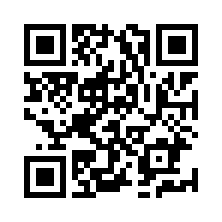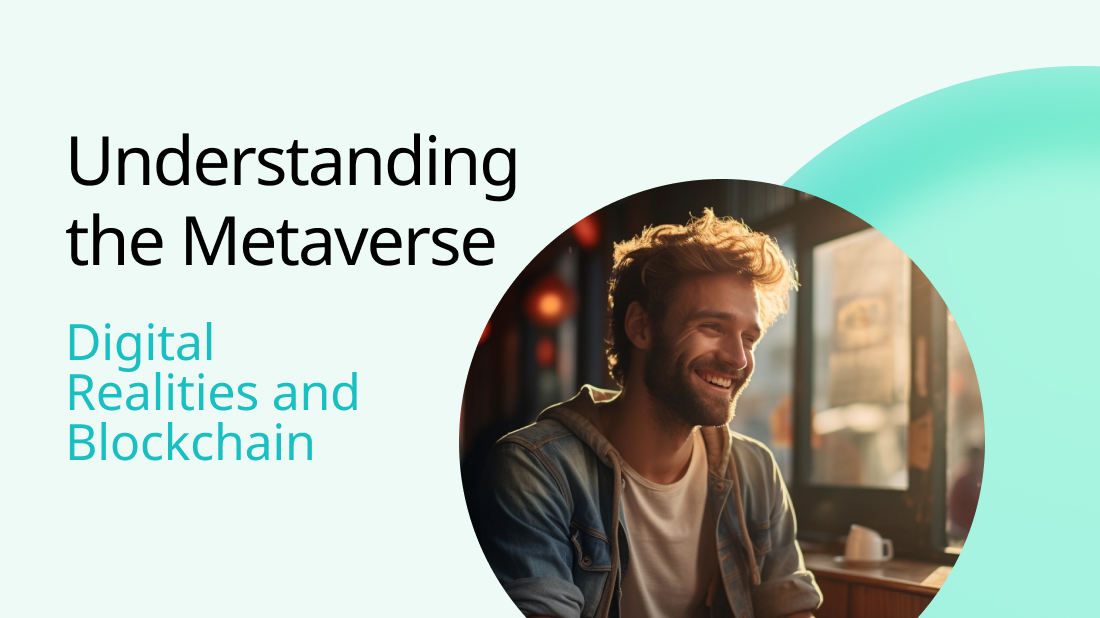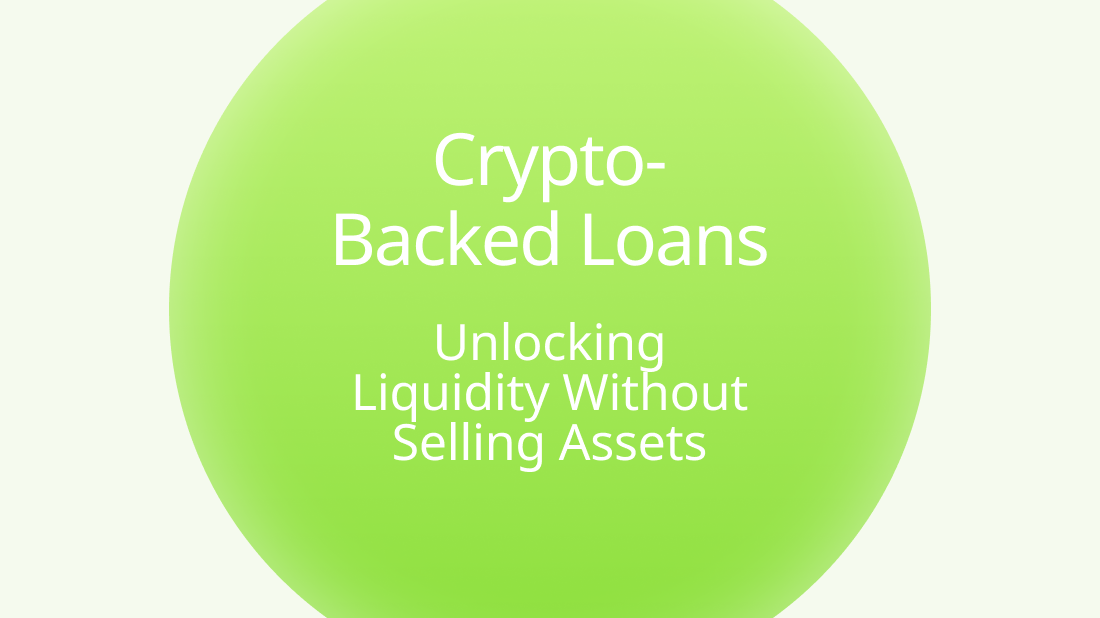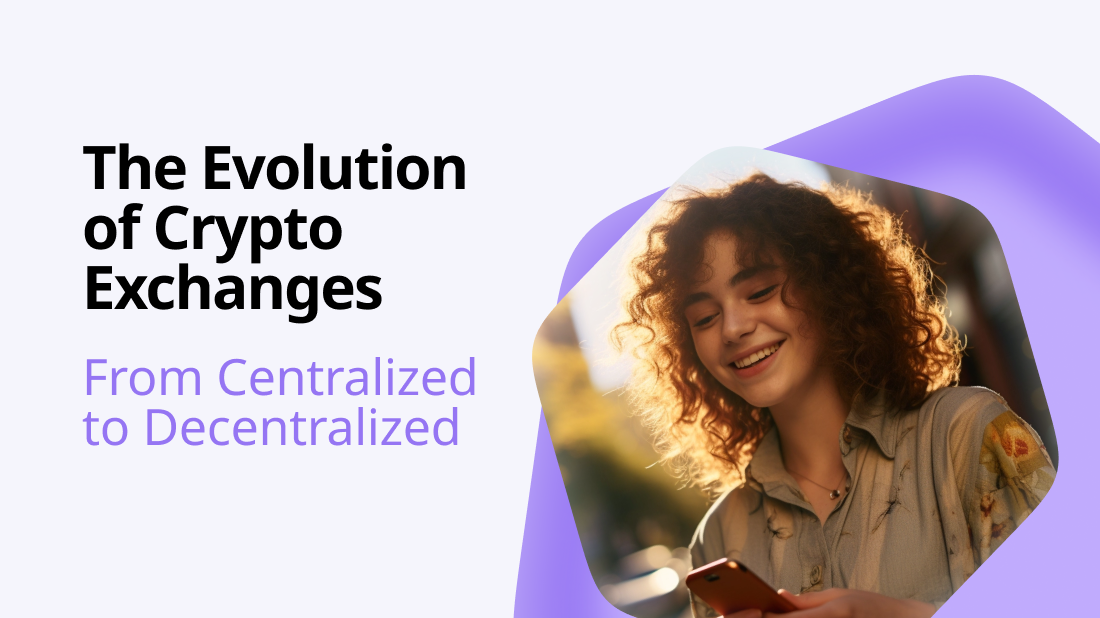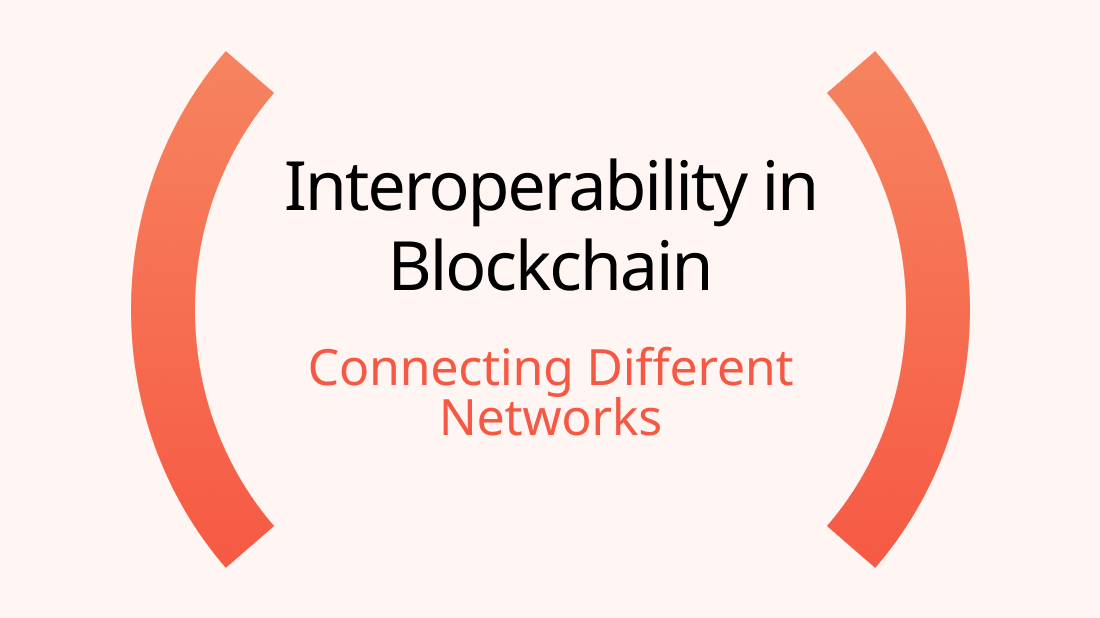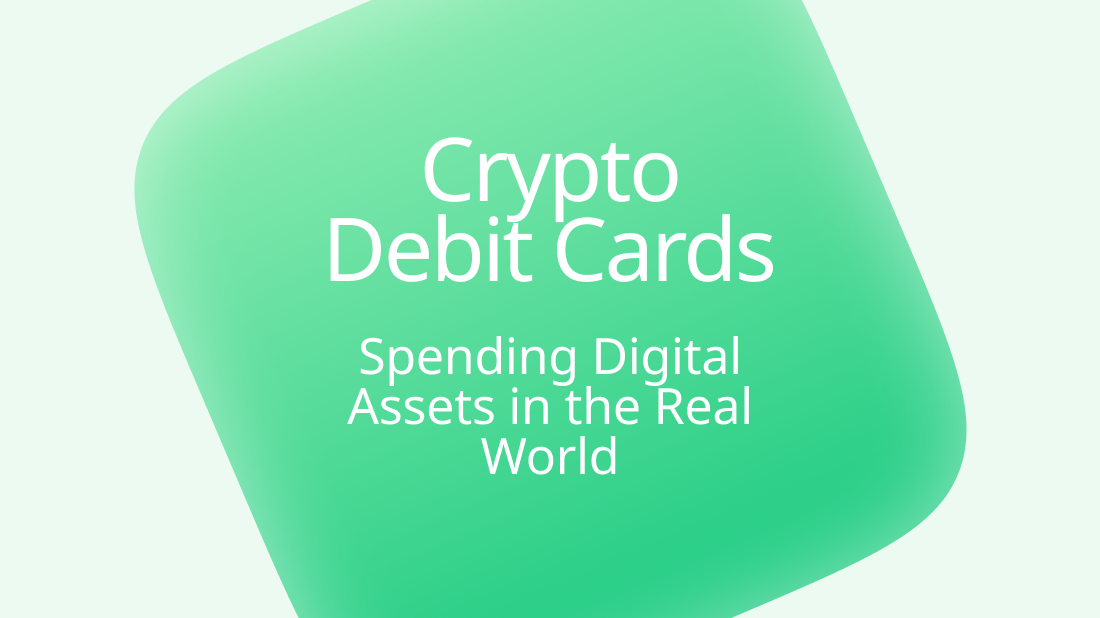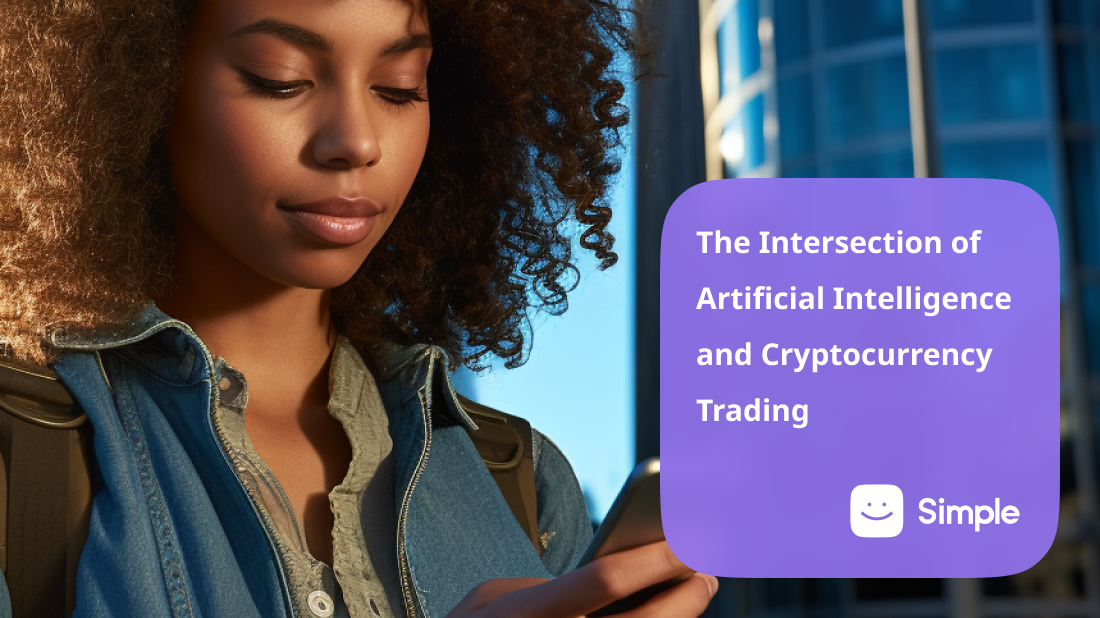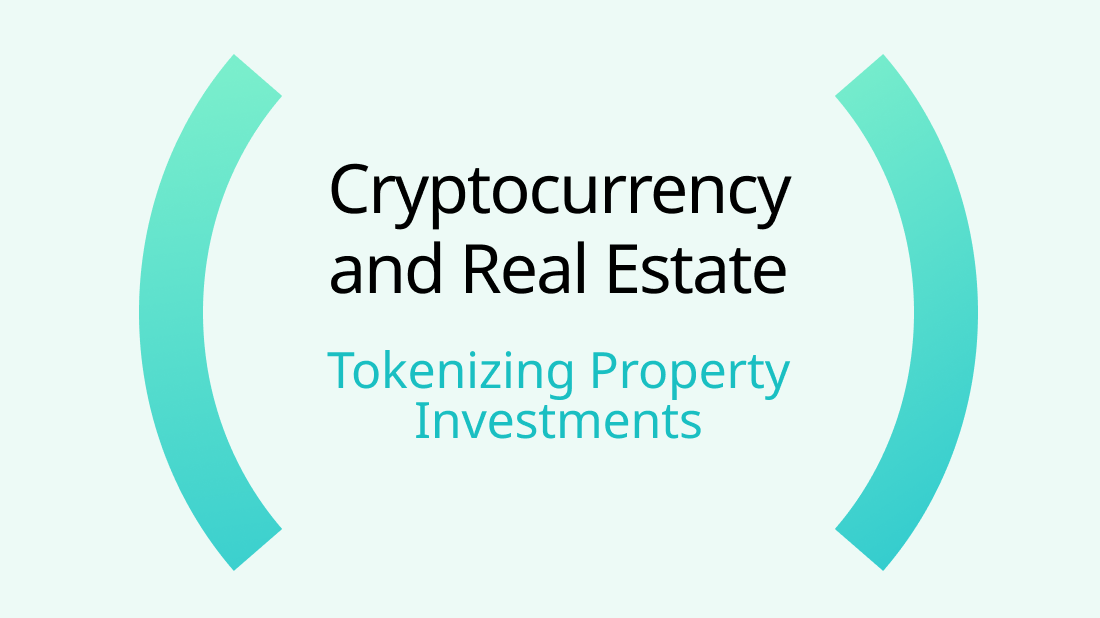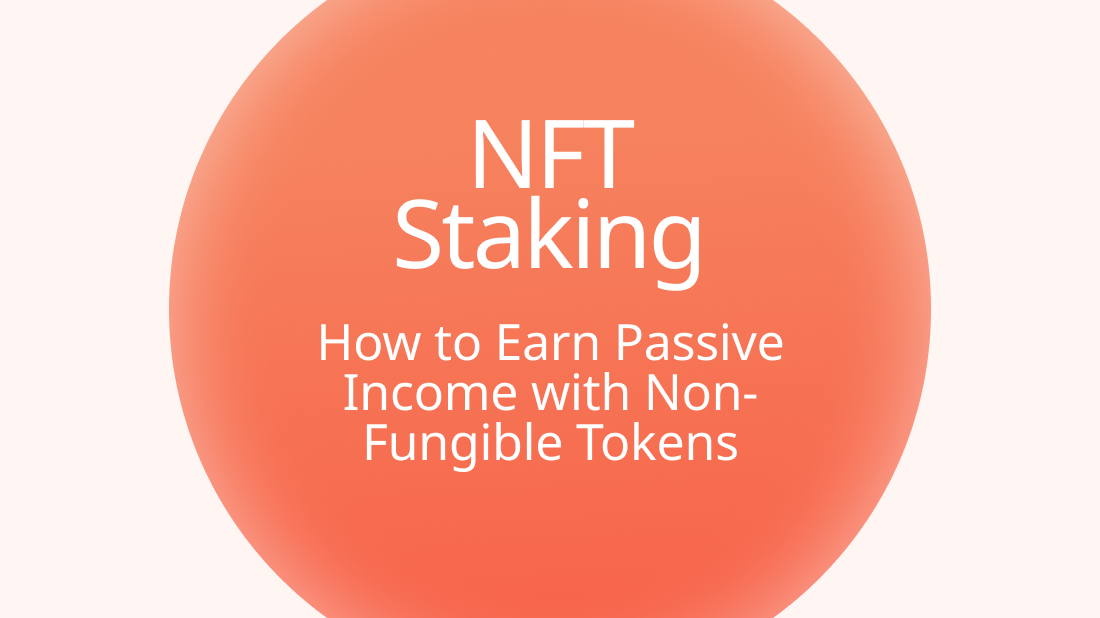The Role of Oracles in Blockchain Ecosystems

Blockchain technology has revolutionized the way we think about transactions, data storage, and decentralized systems. At the heart of this innovation are smart contracts—self-executing contracts with the terms of the agreement directly written into code. However, while smart contracts offer numerous advantages, they face a significant limitation: they cannot access external data on their own. This is where oracles come into play. Oracles serve as bridges between the blockchain and the outside world, enabling smart contracts to interact with real-world data. In this article, we will explore the role of oracles in blockchain ecosystems, their importance in smart contract execution, and potential use cases.
Understanding Blockchain Oracles
What Are Blockchain Oracles?
Blockchain oracles are entities or services that provide external data to a blockchain. They act as intermediaries, fetching and verifying data from outside the blockchain and then delivering it to the smart contract that requires it. Without oracles, blockchains would remain isolated from the outside world, unable to interact with real-world events, prices, or information.
Oracles can deliver various types of data, such as:
- Price feeds: Real-time prices of assets, commodities, or currencies.
- Weather data: Information about weather conditions, which can be used in insurance contracts.
- Sports scores: Results of sporting events, which can trigger payouts in betting contracts.
- IoT data: Data from Internet of Things devices, such as sensors or smart meters.
Types of Blockchain Oracles
Blockchain oracles come in various forms, each serving different purposes and providing different levels of trust and decentralization. The main types of oracles include:
- Software Oracles: These oracles retrieve data from online sources such as websites, APIs, or databases. For example, a software oracle might fetch the current exchange rate of Bitcoin from a cryptocurrency exchange API.
- Hardware Oracles: Hardware oracles interface with physical devices or sensors to provide data to the blockchain. For example, a hardware oracle could be connected to a sensor that monitors temperature in a shipping container, providing that data to a smart contract.
- Inbound Oracles: Inbound oracles supply external data to a smart contract. For example, an inbound oracle might provide the weather forecast to a smart contract for a crop insurance policy.
- Outbound Oracles: Outbound oracles send data from the blockchain to the outside world. For instance, an outbound oracle could trigger a payment to a bank account after a smart contract is executed.
- Consensus Oracles: These oracles aggregate data from multiple sources to increase reliability and accuracy. Consensus oracles are particularly useful when the data is crucial or contentious, as they reduce the risk of relying on a single source.
The Importance of Oracles in Smart Contracts
Enabling Smart Contract Functionality
Smart contracts rely on accurate and timely data to function as intended. Without access to external data, smart contracts would be limited to on-chain information, which significantly restricts their potential applications. Oracles provide the necessary bridge between the blockchain and the outside world, enabling smart contracts to execute based on real-world events.
For example, consider a decentralized finance (DeFi) platform where users can take out loans using cryptocurrency as collateral. The smart contract governing the loan needs to know the current price of the collateral to determine if the loan is undercollateralized and requires a margin call. An oracle provides this price data, allowing the smart contract to function correctly.
Expanding Use Cases
Oracles unlock a wide range of use cases for blockchain technology by allowing smart contracts to interact with real-world data. Some potential applications include:
- Decentralized Finance (DeFi): Oracles provide price feeds and other financial data that enable DeFi platforms to offer services like lending, borrowing, and trading.
- Insurance: Smart contracts can automate insurance payouts based on data from oracles, such as weather conditions, flight delays, or health metrics.
- Supply Chain Management: Oracles can track goods through the supply chain, providing data on location, temperature, and handling, which is crucial for ensuring the integrity of products like food or pharmaceuticals.
- Gambling and Betting: Oracles can provide real-time data on sports scores, election results, or other events, enabling automated payouts for betting contracts.
- Prediction Markets: Oracles can feed data into prediction markets, allowing users to bet on the outcome of future events, with smart contracts automatically distributing rewards based on the actual outcomes.
Challenges and Considerations
Trust and Security
The primary challenge with oracles is trust. Since blockchains are inherently trustless environments where code execution is deterministic and transparent, the introduction of oracles—external entities that provide data—can introduce vulnerabilities. If an oracle is compromised or provides inaccurate data, the entire smart contract could fail or execute incorrectly. This issue is known as the "oracle problem."
Decentralization
To mitigate the trust issue, decentralized oracles have been developed. These oracles use multiple data sources and rely on a consensus mechanism to validate data before it is fed into the blockchain. By decentralizing the oracle, the risk of a single point of failure is reduced, and the reliability of the data is increased.
Latency and Cost
Oracles introduce additional complexity and potential latency into smart contracts. The process of fetching, verifying, and delivering data can take time, which may be critical in high-frequency trading or other time-sensitive applications. Additionally, using oracles can increase transaction costs, as data retrieval and validation may require additional resources.
Notable Oracle Solutions
Several projects have emerged to address the oracle problem and provide reliable, decentralized data feeds to blockchain ecosystems. Some of the most notable oracle solutions include:
- Chainlink: Chainlink is one of the most widely used decentralized oracle networks. It connects smart contracts with real-world data by aggregating data from multiple sources and using a network of nodes to ensure data accuracy.
- Band Protocol: Band Protocol is another decentralized oracle network that focuses on cross-chain compatibility and data flexibility. It enables developers to create custom oracles tailored to specific use cases.
- API3: API3 is a project that aims to provide decentralized and verifiable data feeds through its Airnode technology, which allows APIs to directly feed data into smart contracts without intermediaries.
- Tellor: Tellor is a decentralized oracle network that uses a Proof-of-Work (PoW) mechanism to secure its data feeds. It is designed to provide secure and tamper-resistant data for DeFi applications.
Conclusion
Blockchain oracles play a crucial role in expanding the functionality and applicability of blockchain ecosystems by enabling smart contracts to interact with the real world. By providing reliable data feeds, oracles bridge the gap between blockchain technology and real-world events, unlocking a wide range of use cases in finance, insurance, supply chain management, and more. However, the challenges of trust, decentralization, and cost must be carefully managed to ensure the security and reliability of oracle-based systems. As blockchain technology continues to evolve, oracles will remain a vital component in the ongoing development of smart contracts and decentralized applications. The future of blockchain ecosystems will likely see further innovation in oracle technology, bringing us closer to a fully interconnected and decentralized world.

